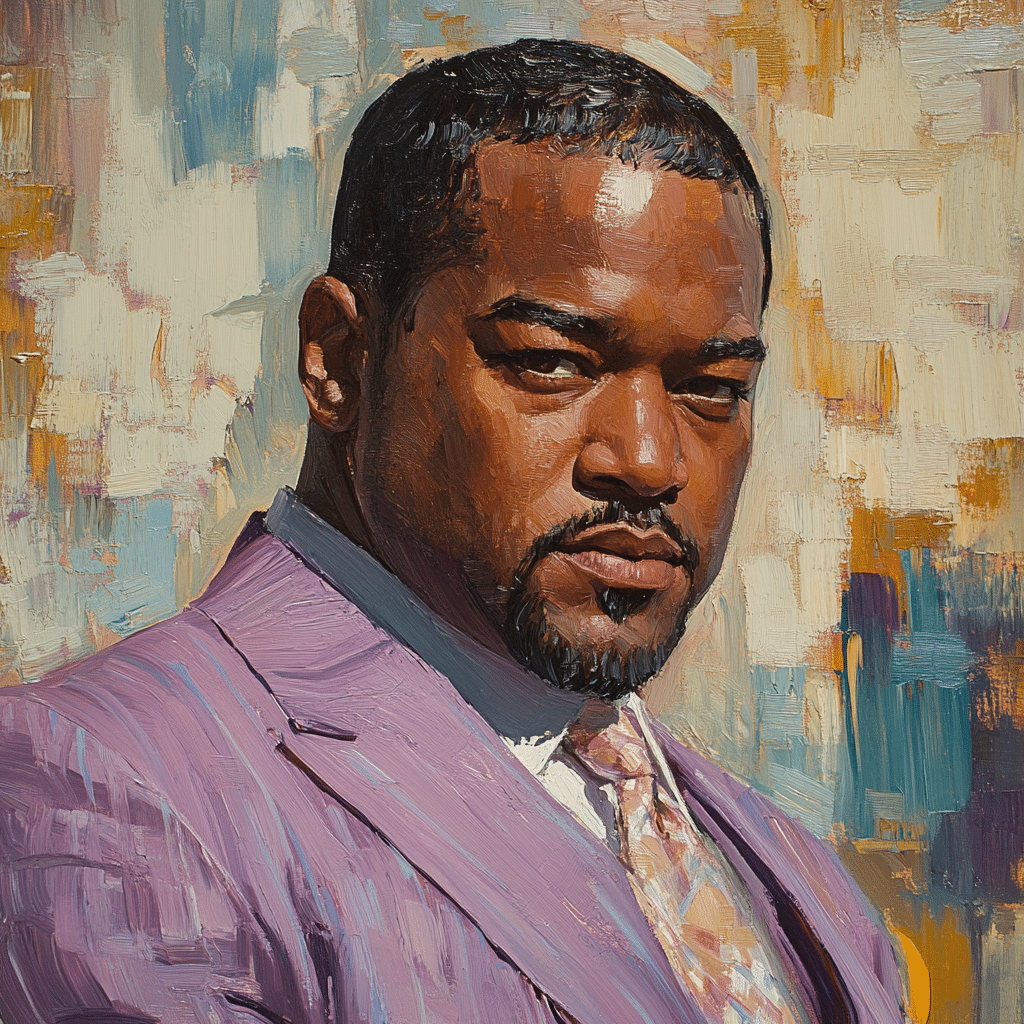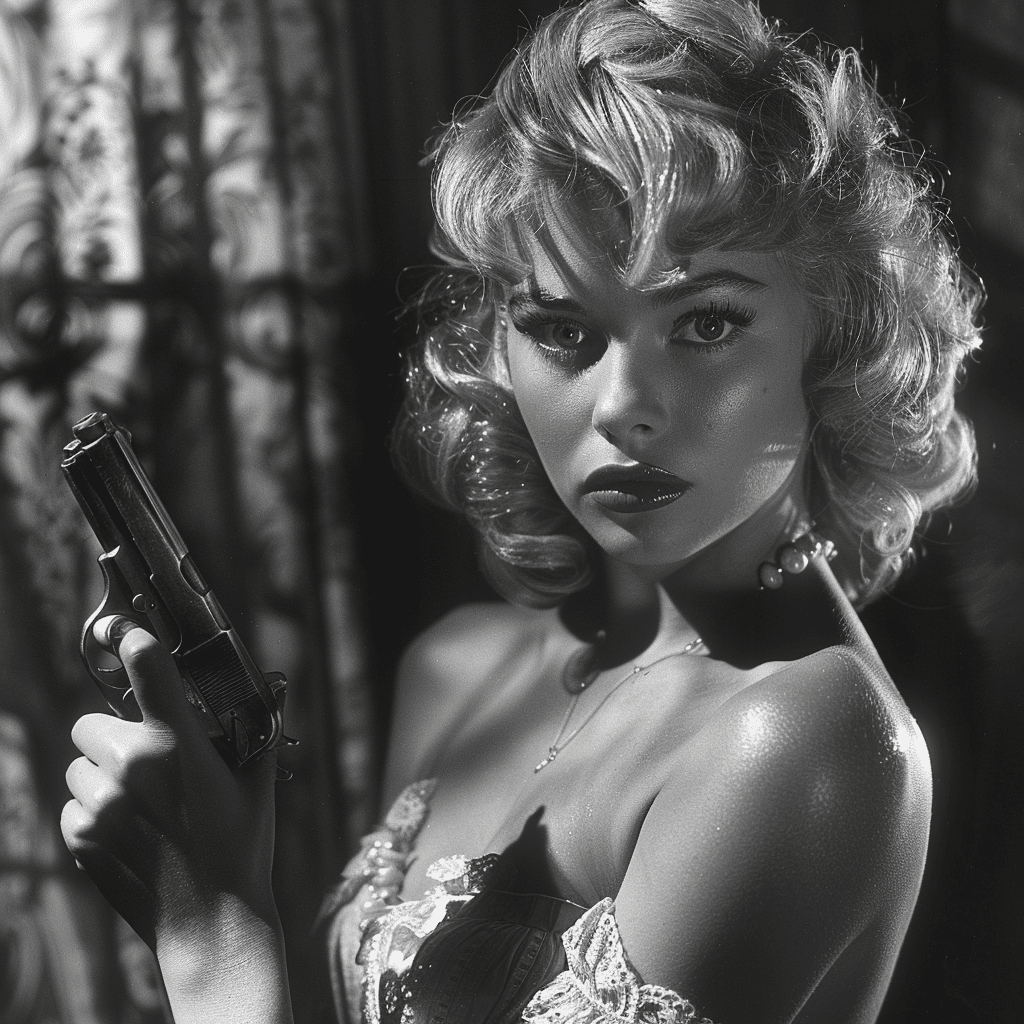The titles open on soft green felt – with a rather old fashioned credit sequence that drops a few recognizable names – among them is Paul Schrader, responsible for some of the most iconic moments in film history, but often overshadowed by his frequent collaborator, Martin Scorsese, who served as an exec producer on this film. As the camera tracks from the green felt of a casino blackjack table, we see a standard setup of tables and chairs in confined spaces – one is a casino foyer and the other is a prison mess hall – two places that our protagonist William Tell has become fairly familiar with.
William Tell, as he calls himself, lives a fairly low profile existence traveling from casino to casino, honing his ability to count cards in order to make money playing blackjack and poker. Others might emulate his lifestyle, but he doesn’t really get much enjoyment out of it – not even sleeping on the comforters in his hotel rooms, or using the lamps that are wrapped in paper when he sleeps alone at night – and he’s careful never to sleep in the casino hotels where he knows word of all the clientele travels fast. His only acquaintances that he regularly interacts with in his travels are La Linda, who runs a stable of gamblers and a young man who recognizes Tell from his eight-year stint in a military prison and tries to enlist his help – bring down the man who destroyed his father.
Cirk realizes that Tell was once PFC Tillich, trained in enhanced interrogation techniques and serving in Abu Ghraib. Because he was one of the soldiers who appeared in pictures, along with Cirk’s father, both men were punished in response to the fallout while nothing happened to their superior officers who ordered the torture, nor the politicians who sanctioned it. Tell, who had an easier time than Cirk’s father at readjusting to civilian life after his release, finally finds some purpose to his life in helping Cirk win at poker to cover his debts and start over – but this is probably just the last barrier between himself and his former superior, Maj. Gordo who probably went on to commit many atrocities after Abu Ghraib that we don’t know about. He was careful to cover his tracks.
The style is largely minimalist for much of the film, with frequent echoes of that other great movie about Vegas – HARD EIGHT – which also involved a casino regular taking a liking to a novice who seems to have luck on his side. Both stories involved protagonists who saw a shot at redemption for themselves – but at its heart, THE CARD COUNTER is a grittier story – with the haunting backstory of PFC Tillich presented in a fisheye view where the ends of the screen press against each other and Tillich wanders about in a troubled maze as horrific acts happen around him. Sidney in HARD EIGHT manages to keep his identity safe with an act of violence at the end of the movie, while Tell ultimately fails Cirk and loses the only thing that keeps him from having his revenge against Gordo. Without cards, there are no rules – and Tell is unprepared to live in a world without them.
















